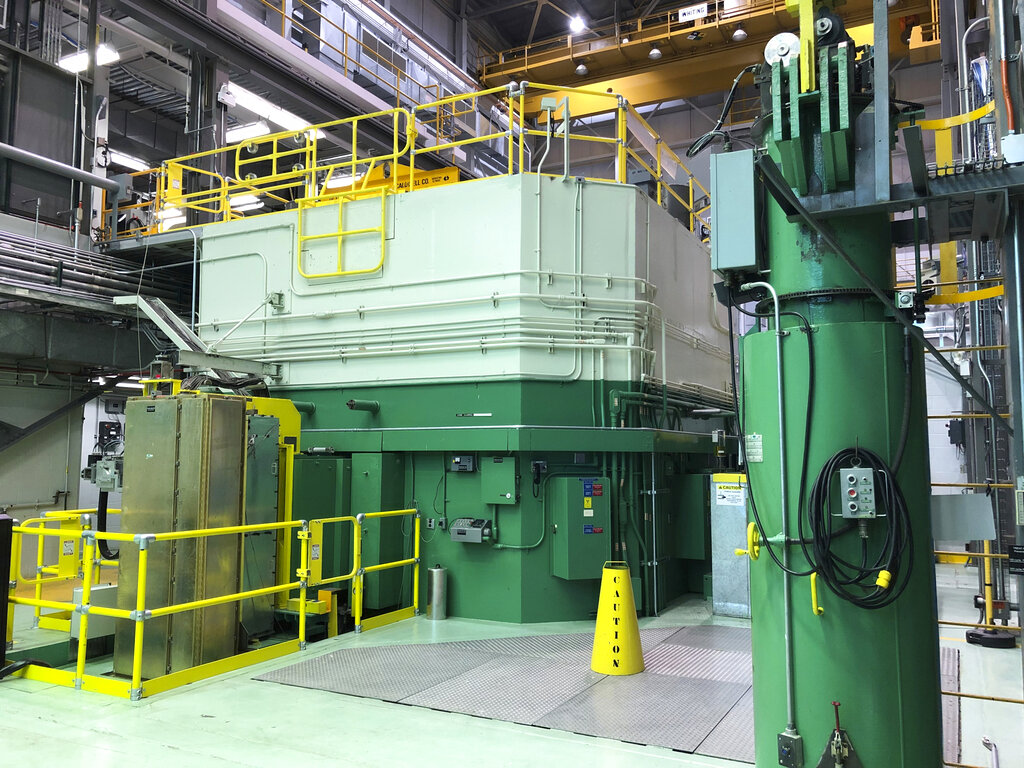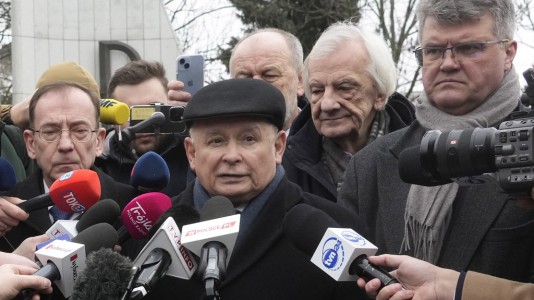In a few years’ time, Hungary could commit to buying one or more small modular nuclear reactors; it is just a question of which producer to buy from and which type. The supply of such reactors is supposedly large, but those who buy often find only plants under construction or conceptual designs instead of working reactors, business portal Világgazdaság writes.
More than 80 small modular reactors (SMRs) are under development worldwide, as demand for them has soared due to their wide range of applications. They can be used by default to generate electricity, as part of hybrid power systems, for heating, desalinating water or producing steam for industry. They are also an indispensable solution for supplying areas that are geographically remote or otherwise under-serviced by other forms of energy generation.
The earliest that Hungary could consider purchasing one or more SMRs is 2029-2030, Energy Minister Csaba Lantos told Világgazdaság last August, and a few days ago he said that the assessment of possible types is ongoing, but that we should wait for the appearance of truly modular types.
The minister has also indicated previously that he does not envisage the new plant in Paks, but rather in a part of the country where energy demand is growing.
According to the International Atomic Energy Agency (IAEA) classification, the lower limit for the power generating capacity of large conventional nuclear reactors is 700 megawatts (the Paks plant consists of four 500 megawatt units), while SMRs are between 10 and 300 megawatts, and microreactors are less than 10 megawatts.
Two of the 10 megawatts are also in operation in Hungary, one used for teaching at the Budapest University of Technology and the other for research and marketing, also in the capital, in the neighborhood of Csillebérc.
Elsewhere in Europe, Poland, Italy, France Romania and Finland are at various stages of commissioning SMRs.






